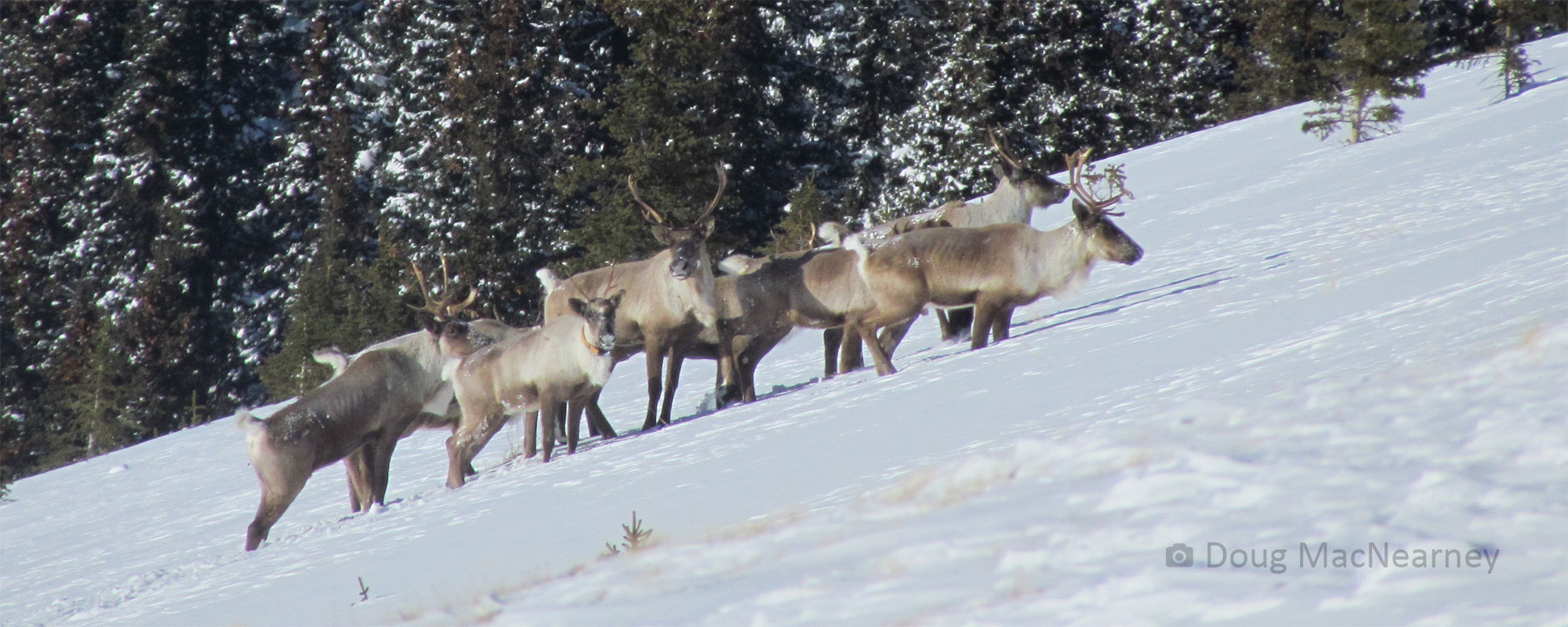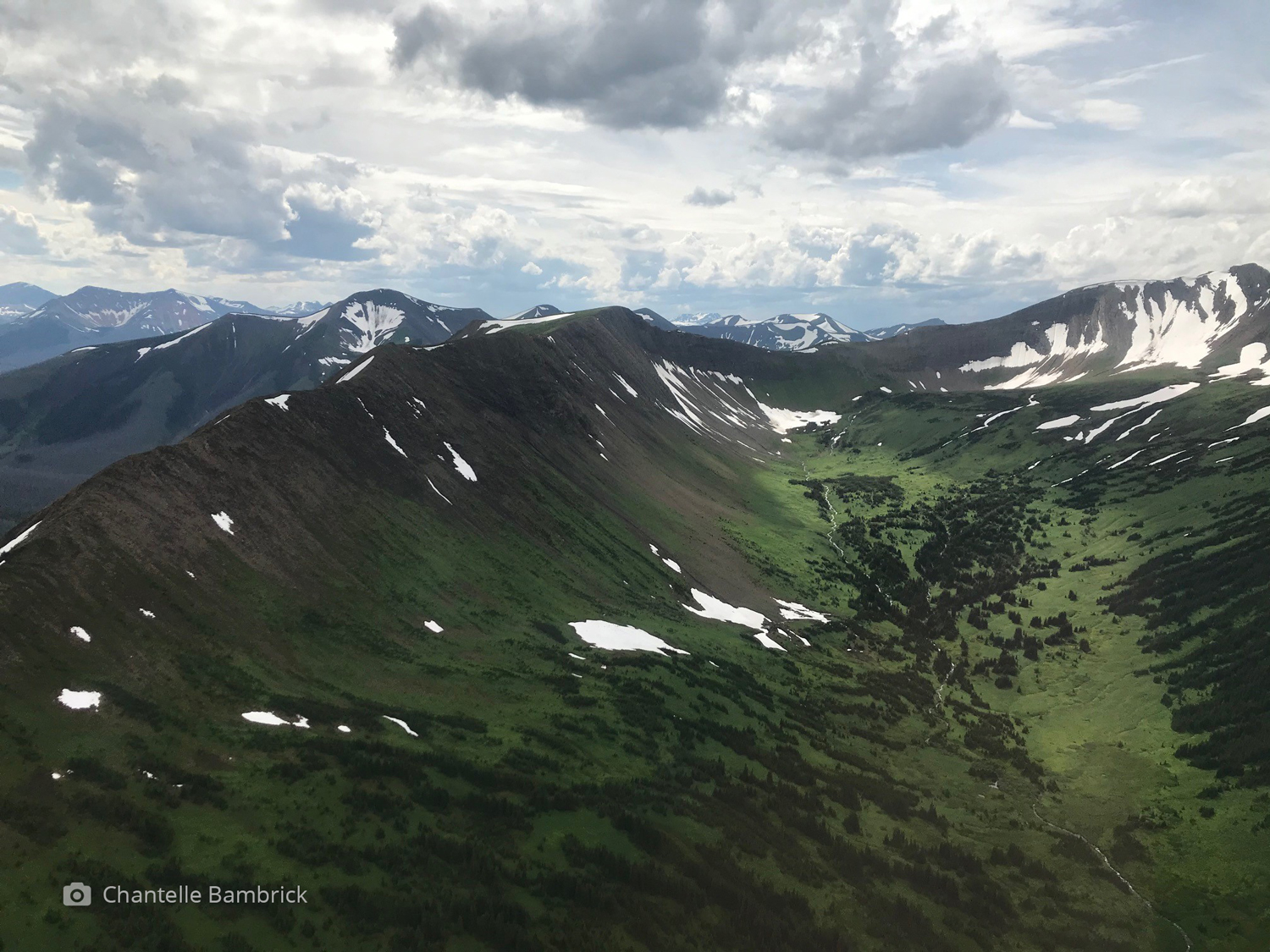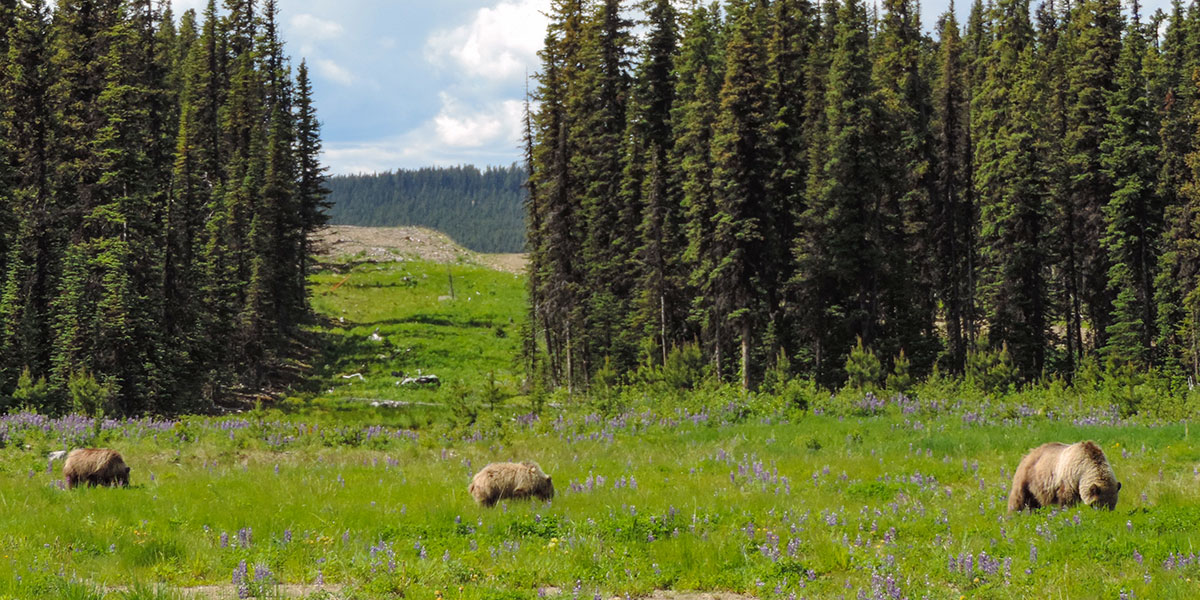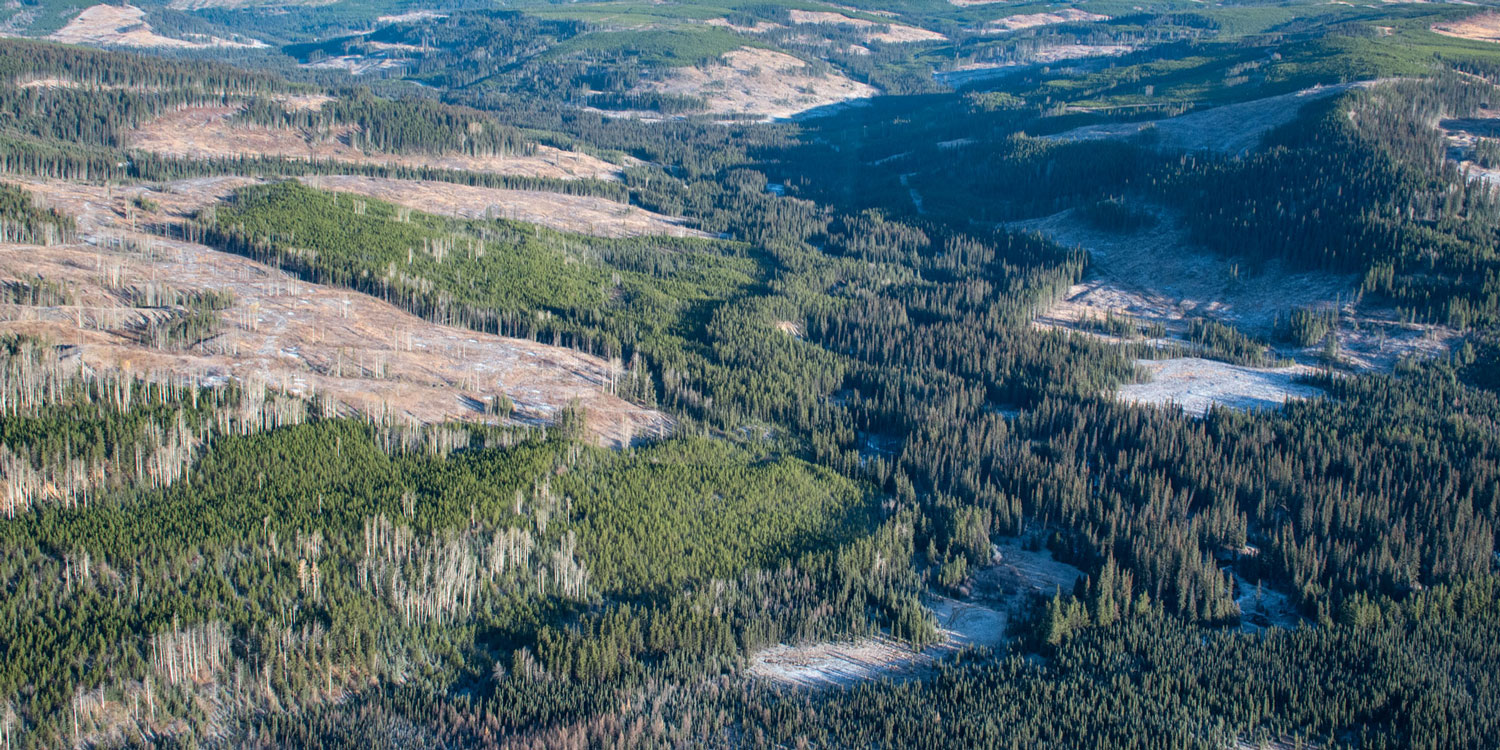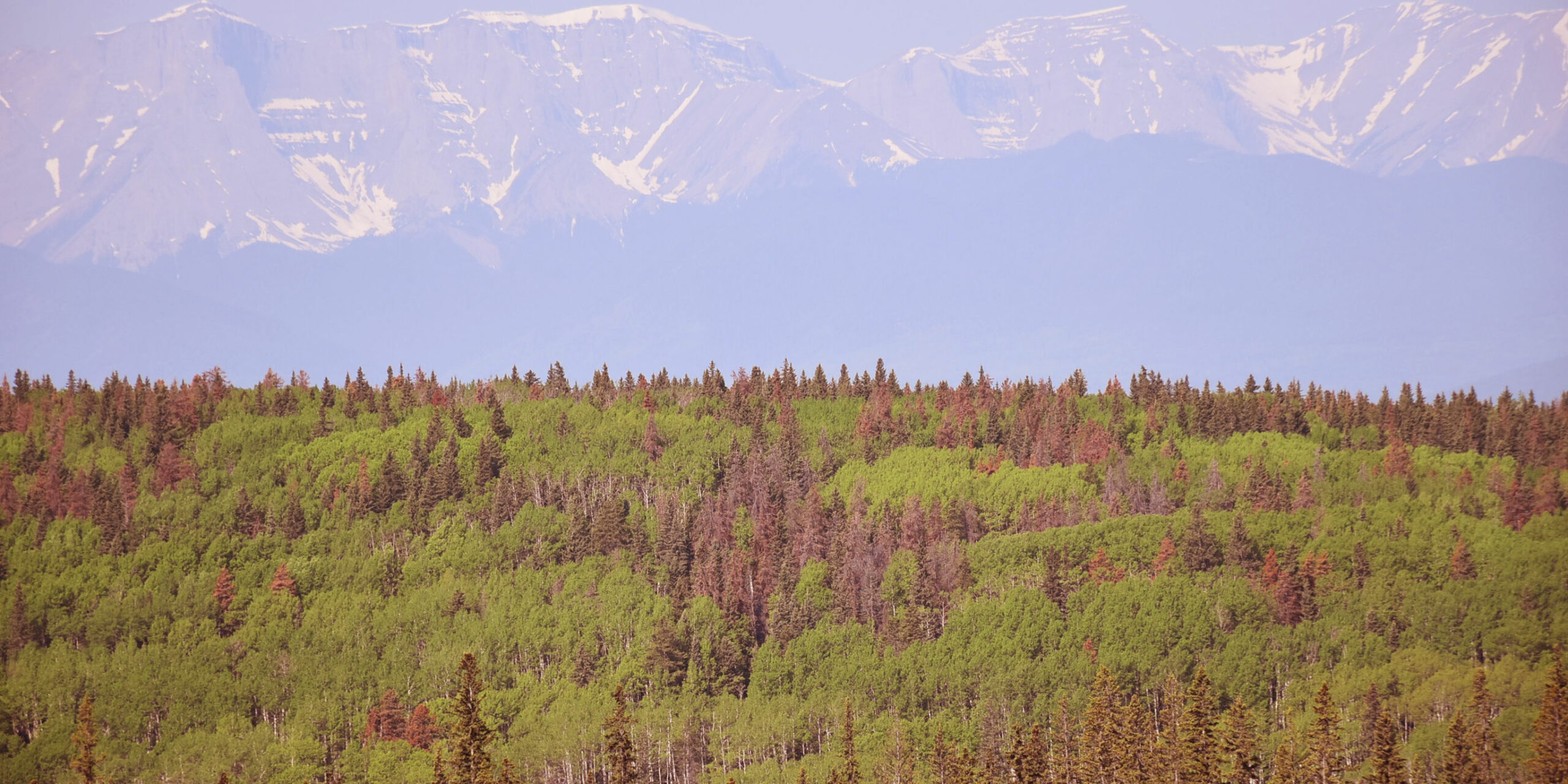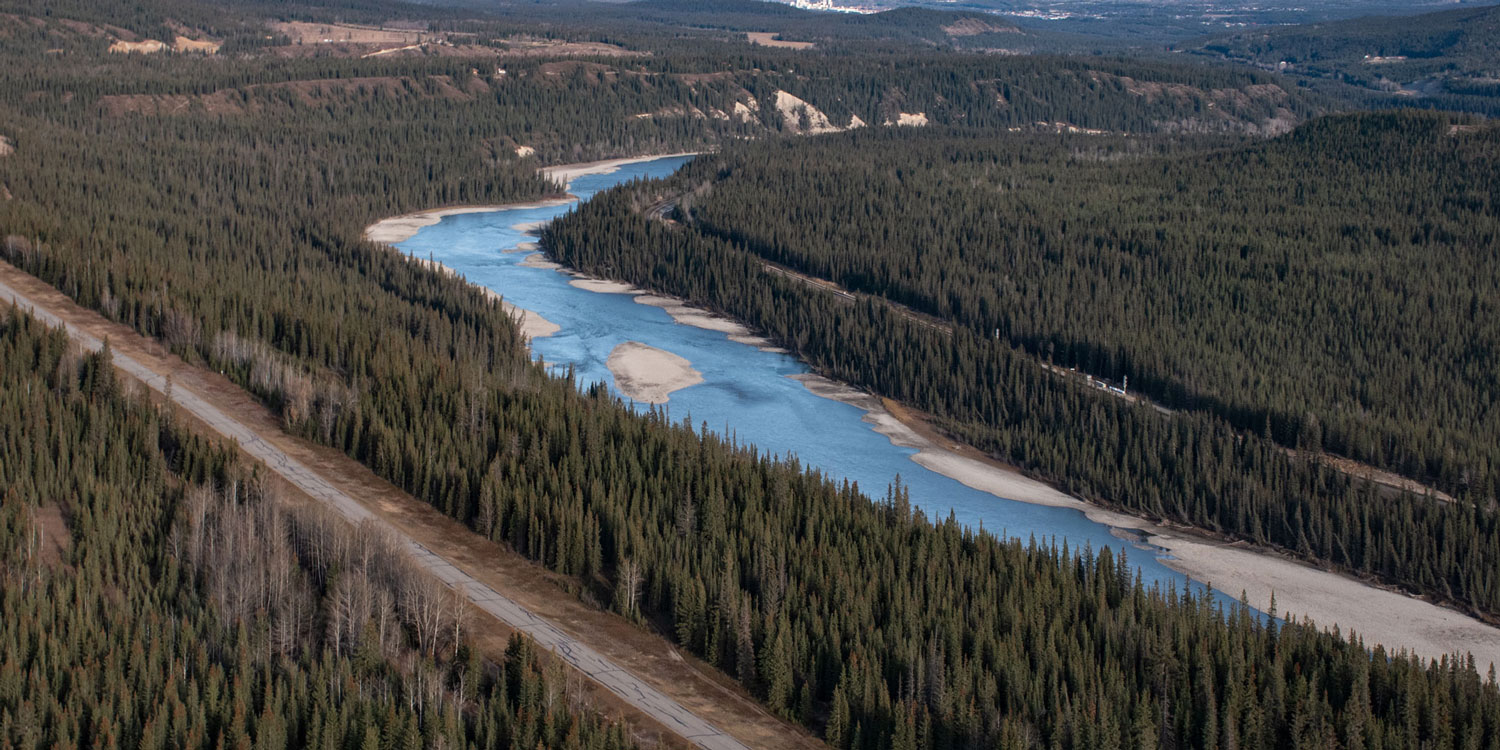
Tria-Net: Dynamics of Endemic MPB Populations in Novel Pine Habitats
Within its historic range, the dynamics of mountian pine beetle (MPB) populations are well understood, but questions persist as to how they will behave in novel pine habitats.
This project will determine if MPB will become endemic in novel habitats. This research is critical to developing operational strategies to manage MPB in novel pine habitats.
Within its historic range, the dynamics of mountian pine beetle populations are well understood, but questions persist as to how they will behave in novel pine habitats. To date, all beetles detected in newly invaded pine habitats have exhibited epidemic behaviour as characterized by attempted mass attacks of large trees. Although it is generally accepted that similar biotic and abiotic factors occur within historic and newly invaded regions (Safranyik et al. 2010), it is unknown whether the specific suite of conditions for endemic beetles exists, and therefore whether beetles will persist in the long term, in novel pine habitats. The broad objective of the proposed research is to determine if MPB will exist in the long term in the endemic phase in novel pine habitats, and if so, under what conditions will they erupt to the epidemic phase in the future?
This research is part of a larger initiative known as Tria-Net in which four themes will be addressed:
- Molecular Analyses
- Population Genomics
- Population Dynamics
- Socioeconomic Modeling
The benefits of this larger research initiative may well safe guard Canada’s pine research and, locally, provide critical information to carry on with effective management to control the beetle.
Presentation of Results
Learn more about Tria-Net here.
This work builds on a previous project, also led by Dr. Carroll.
The project kicks off, led by Allan Carroll
Stands surveyed, bolts collected and analysis is underway
Surveys of four 10-hectare stands completed; analysis underway
Grad student Stanly Pokorny presents this project at the 2015 Forum
More surveys completed, samples transported to the lab and experiments initiated
Dr. Carroll presents the past 5 years of results at the 2018 Forest Forum.
Final deliverables accepted.
N
- Natural Resources Canada, Canadian Forest Service, Laurentian Forestry Centre
- Northwest Territories Ministry of Environment and Natural Resources





